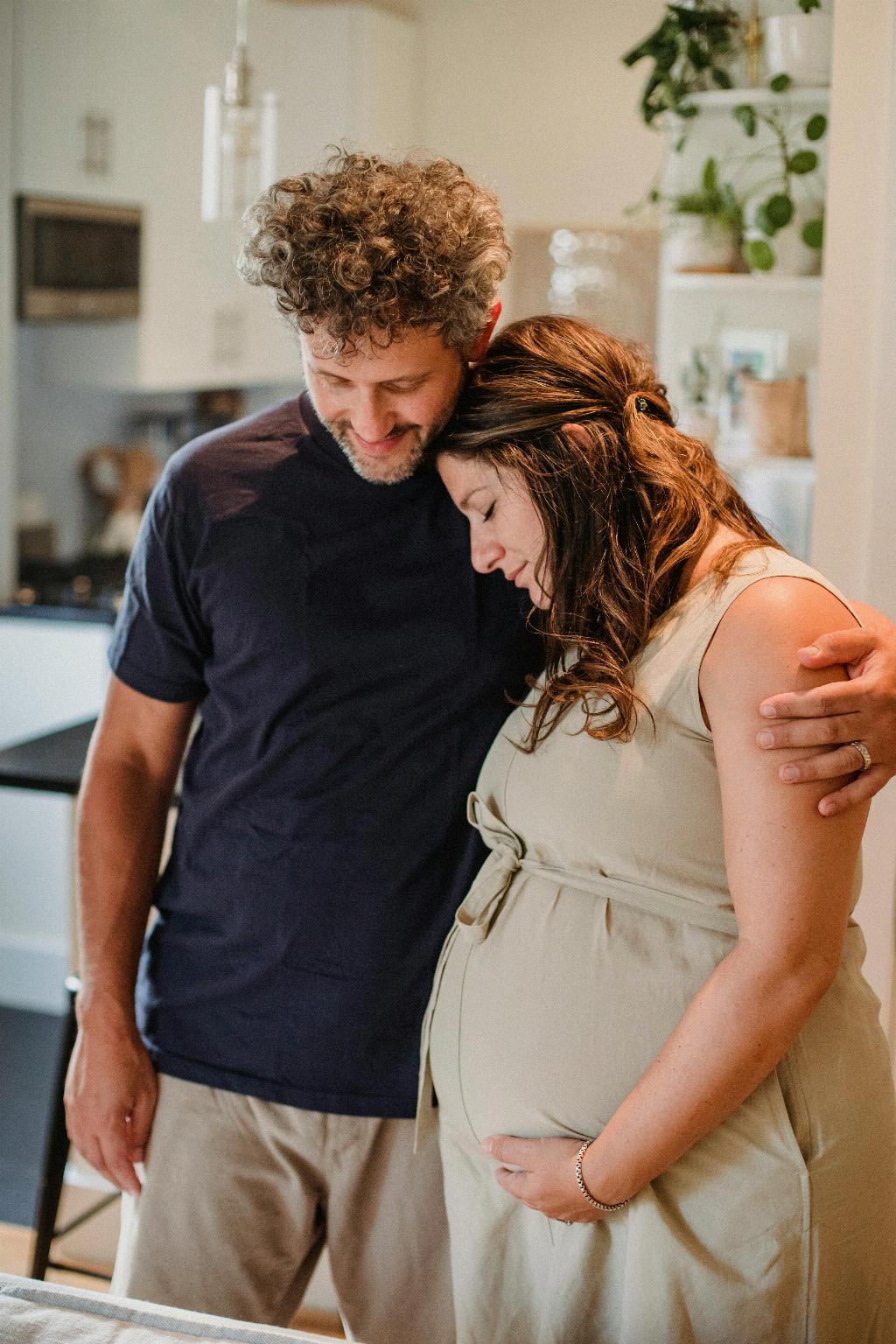Experiencing sharp cramps in early pregnancy can be a cause for concern for many expectant mothers. The journey of pregnancy is filled with a multitude of physical changes, and cramping is a common symptom that many women experience. It is essential to understand that the body goes through various adjustments during pregnancy, and mild cramping is generally considered normal in early pregnancy.
The round ligament, a muscle that supports the uterus, plays a crucial role in pregnancy. As the uterus expands to accommodate the growing baby, the round ligament stretches and can cause sharp, stabbing pains or dull aches in the lower abdomen. These sensations may be alarming, but they are often a natural part of the body’s preparation for pregnancy.
If you are experiencing relatively minor cramping that occurs sporadically and is not accompanied by other concerning symptoms such as heavy bleeding or severe pain, it is likely nothing to be overly worried about. Many women report experiencing mild cramps in the early stages of pregnancy as the body adjusts to the changes taking place.
It is essential to differentiate between normal cramping and potential signs of complications in early pregnancy. While mild cramps are common and generally harmless, severe or persistent cramping accompanied by other symptoms like heavy bleeding, fever, dizziness, or intense pelvic pain may indicate a more serious issue that requires medical attention.
Each woman’s body is unique, and the intensity and frequency of cramps can vary from person to person. Monitoring your symptoms and keeping track of any changes can help you determine whether the cramping you are experiencing is within the normal range for early pregnancy. Consulting with your healthcare provider is always recommended if you have any concerns or doubts about the symptoms you are experiencing.
It is essential to stay informed about the various changes that occur during pregnancy to alleviate any worries or uncertainties that may arise. While cramping can be unsettling, understanding the reasons behind it can provide reassurance and peace of mind. Remember that your body is going through a remarkable process of creating new life, and some discomfort along the way is to be expected.
Self-care measures such as staying hydrated, getting adequate rest, and practicing gentle exercises like prenatal yoga or walking can help alleviate cramping and promote overall well-being during pregnancy. Listening to your body and communicating openly with your healthcare provider can help ensure a healthy and comfortable pregnancy journey.
While sharp cramps in early pregnancy may cause worry and anxiety, it is essential to trust in the natural process of pregnancy and the resilience of the female body. Seeking support from loved ones, joining pregnancy support groups, or speaking with a counselor can also provide emotional support during this time of transition and adjustment.
Remember that every pregnancy is unique, and what may be normal for one person may not be the same for another. Trust your instincts and seek guidance from healthcare professionals when needed. By staying informed, proactive, and attentive to your body’s signals, you can navigate the ups and downs of early pregnancy with confidence and peace of mind.
In conclusion, while sharp cramps in early pregnancy can be unsettling, they are often a natural part of the body’s preparation for carrying a child. Understanding the causes of cramping, differentiating between normal and concerning symptoms, and seeking appropriate medical guidance when needed can help you navigate the journey of pregnancy with greater assurance and understanding.

